Chairman, House Committee on Healthcare Services, Rep. Amos Gwamna Magashi, has called for stronger legislative support, deeper state involvement, and innovative financing models to boost Nigeria’s health system and expand access to quality healthcare.
He made the call on Wednesday in Abuja at the National Health Financing Policy Dialogue themed “Reimagining the Future of Health Financing in Nigeria”, organised by the National Health Insurance Authority (NHIA) and partners.
Magashi stressed that domestic resource mobilisation is crucial to achieving sustainable health financing, noting that the responsibility should not rest solely on the federal government.
He urged states and local governments to play more active roles by dedicating funds to health insurance contributions, while the federal government provides matching grants and co-financing incentives.
“The journey to universal health coverage requires collective action. The poor must be able to sleep with the assurance that when they or their children fall sick, they can access care without financial hardship,” Magashi said.
He highlighted the National Assembly’s commitment to strengthening the legal framework for health financing, closing loopholes, harmonising fragmented mechanisms, and enforcing compliance across all tiers of government.
The lawmaker also emphasised equity and access for vulnerable groups, including children, women, the elderly, persons with disabilities, and the poor, through mechanisms such as state health equity funds and the Basic Healthcare Provision Fund (BHCPF).
On oversight, Magashi said parliament would intensify monitoring of health funds to ensure accountability and transparency, while encouraging civil society to track utilisation and impact to boost public trust.
He further advocated the use of digital platforms for premium collection, as well as public-private partnerships to expand coverage and attract private investment into NHIA programmes. He also urged lawmakers to prioritise health insurance initiatives as constituency projects, describing them as more sustainable than short-term palliatives.
Meanwhile, NHIA Director-General, Dr Kelechi Ohiri, commended the collaboration between legislators, agencies, and partners, noting that lawmakers have toured over 12 states to assess grassroots implementation of the BHCPF.
Ohiri added that Nigeria’s leadership role in shaping global health financing policies was evident, citing the recent World Health Assembly resolution on health financing led by the National Assembly.
With Nigeria and other African nations grappling with fragile health systems and shrinking donor support, stakeholders agreed that sustainable, innovative financing is key to achieving universal health coverage.

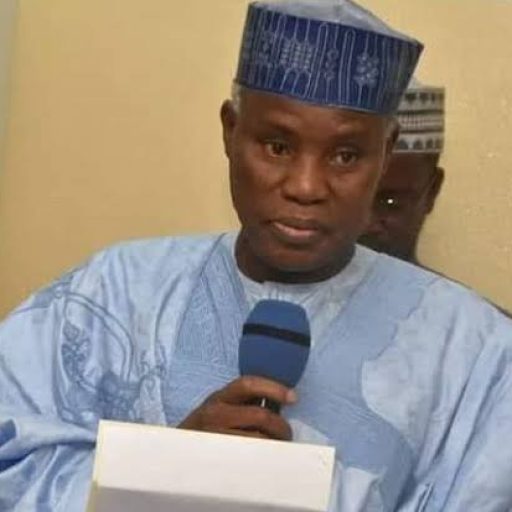
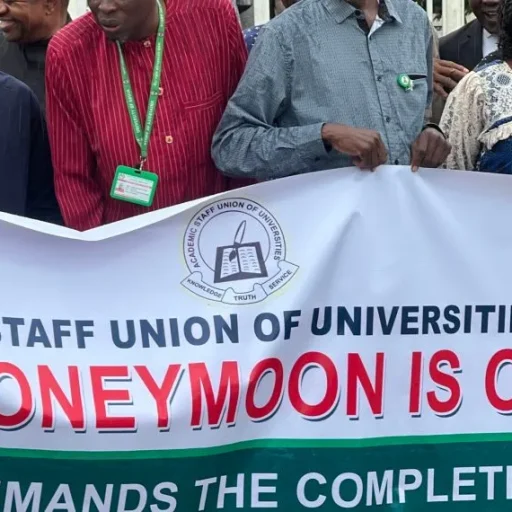

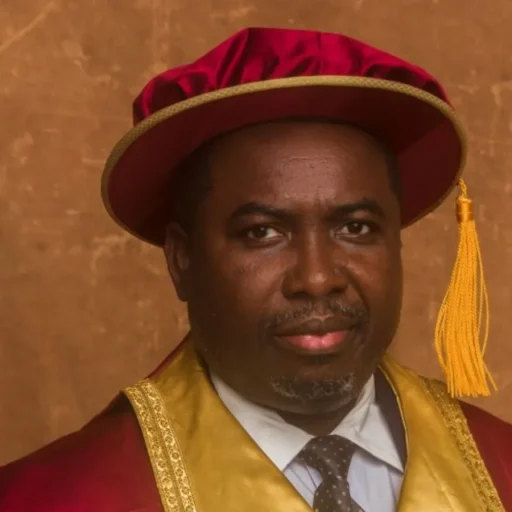


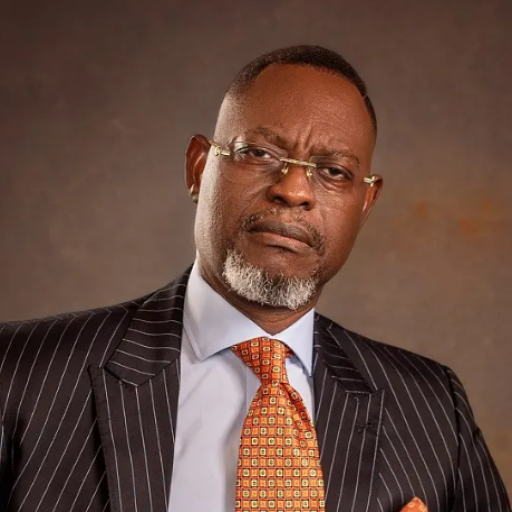






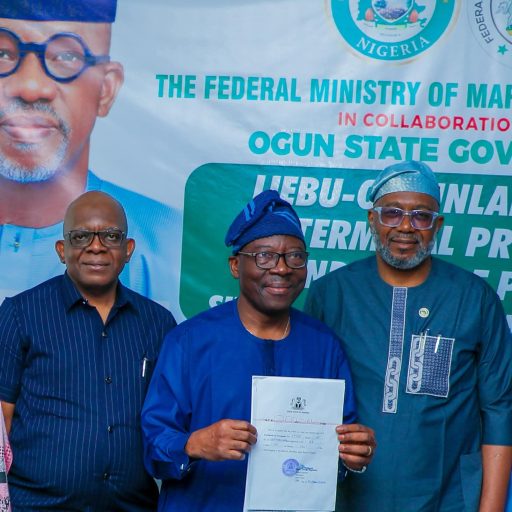
Leave a Reply